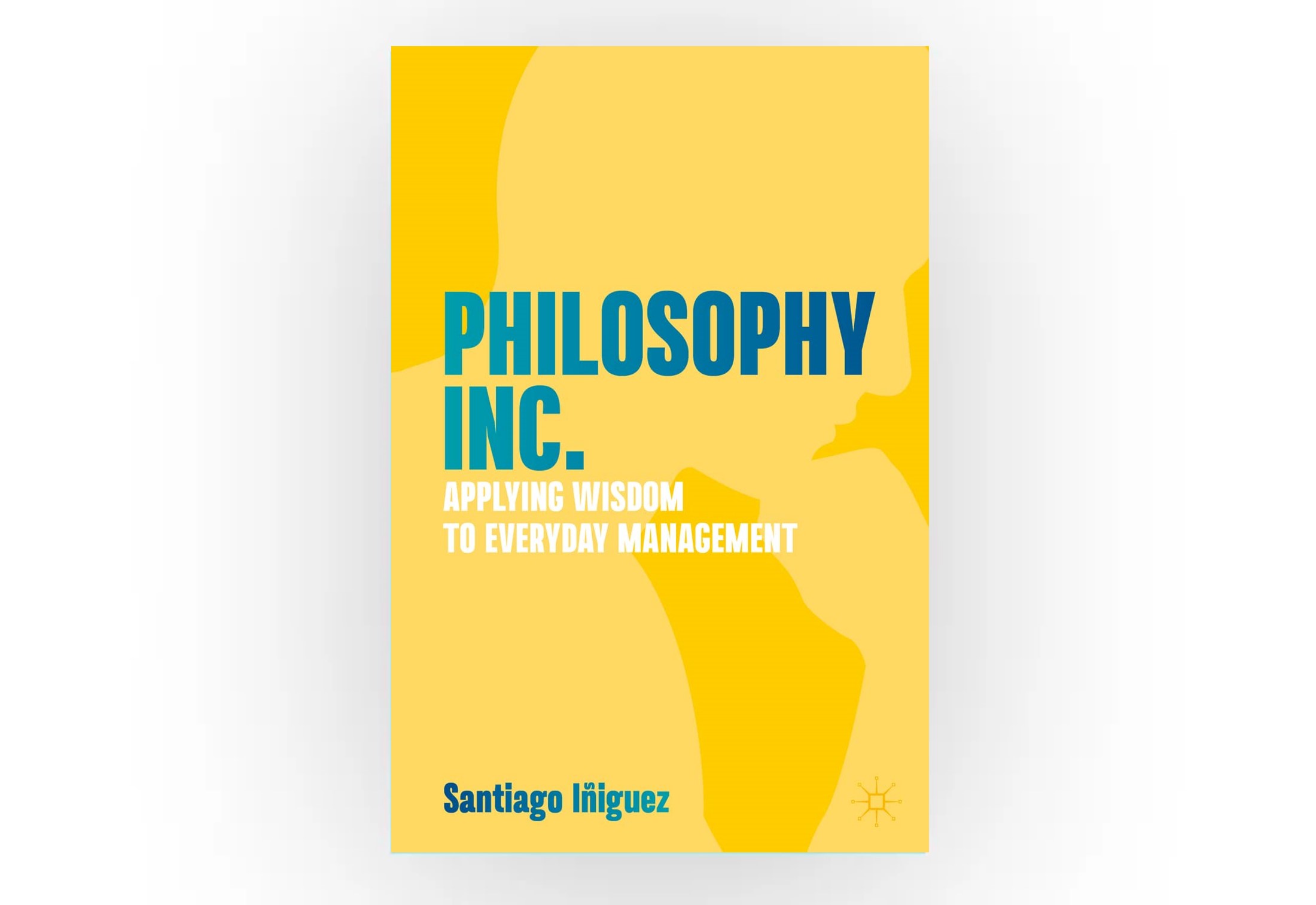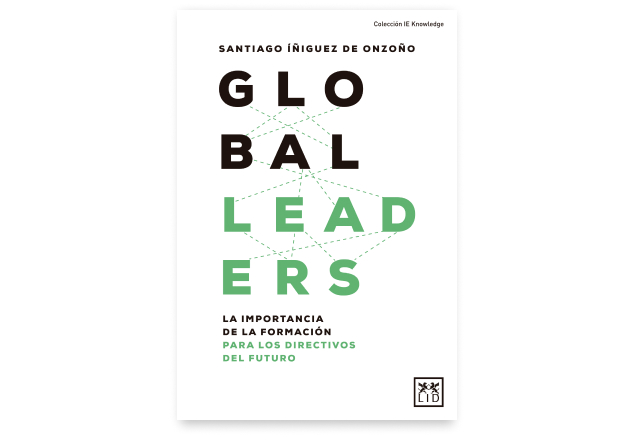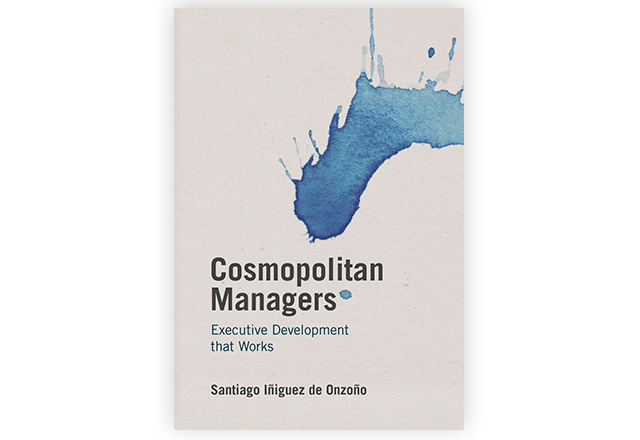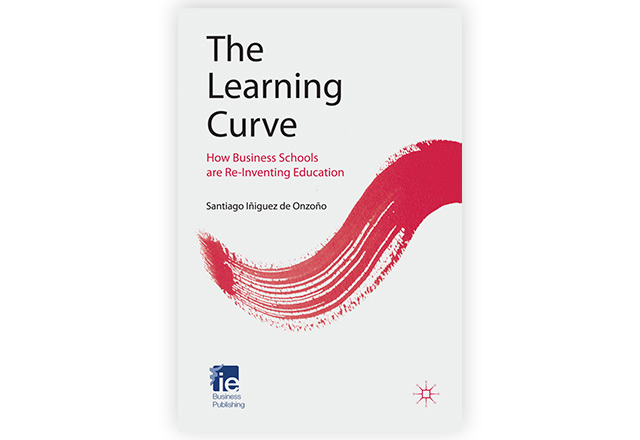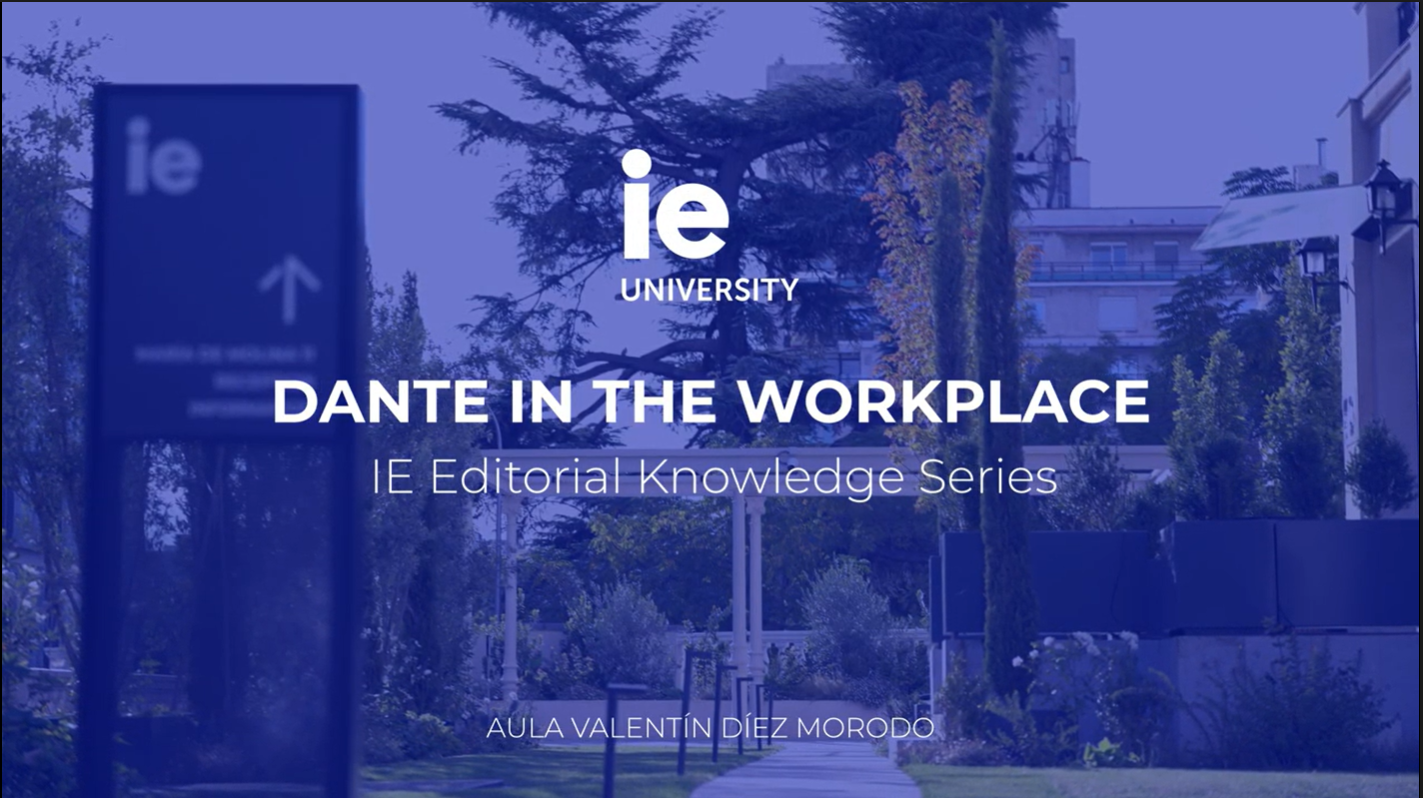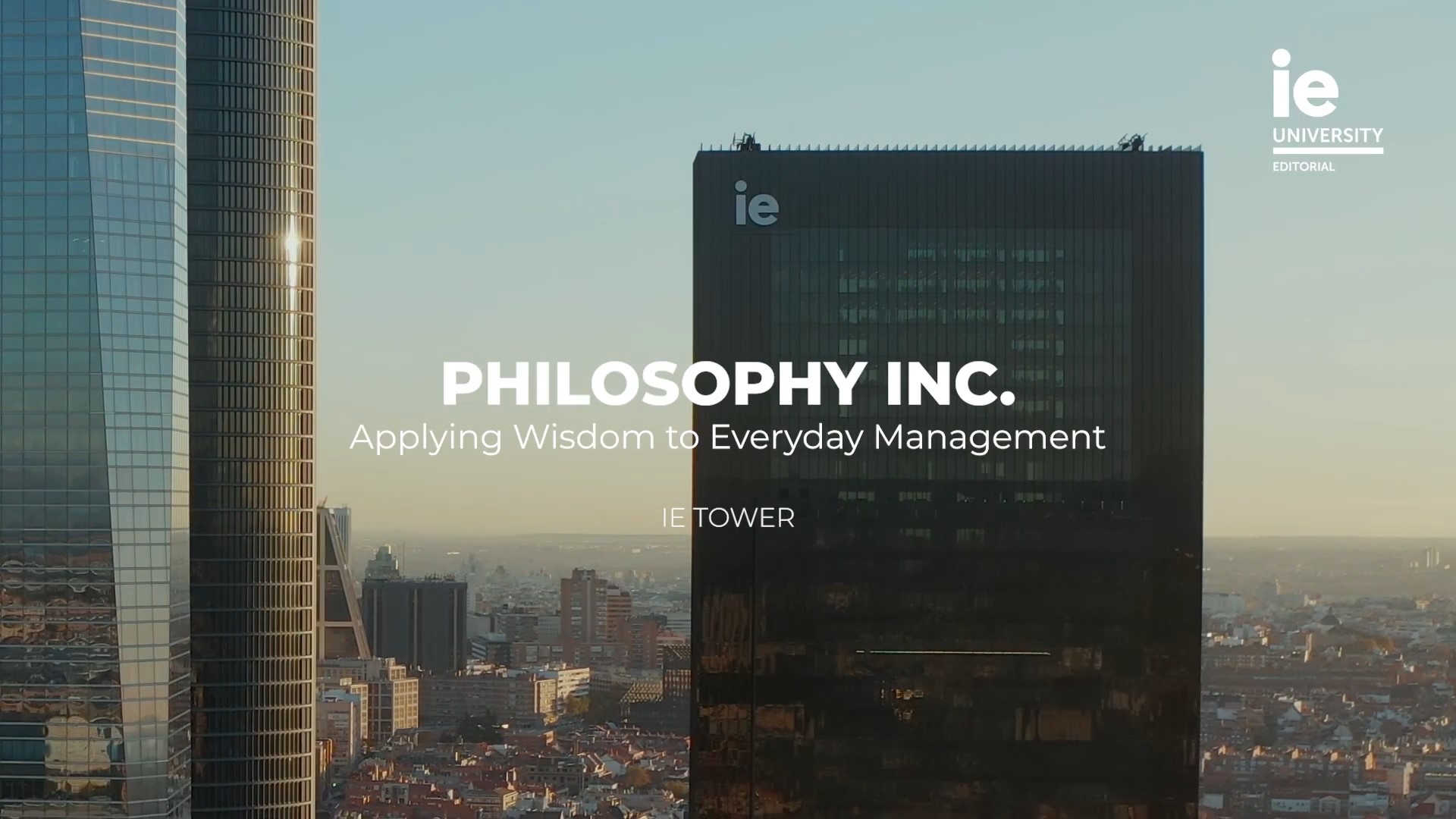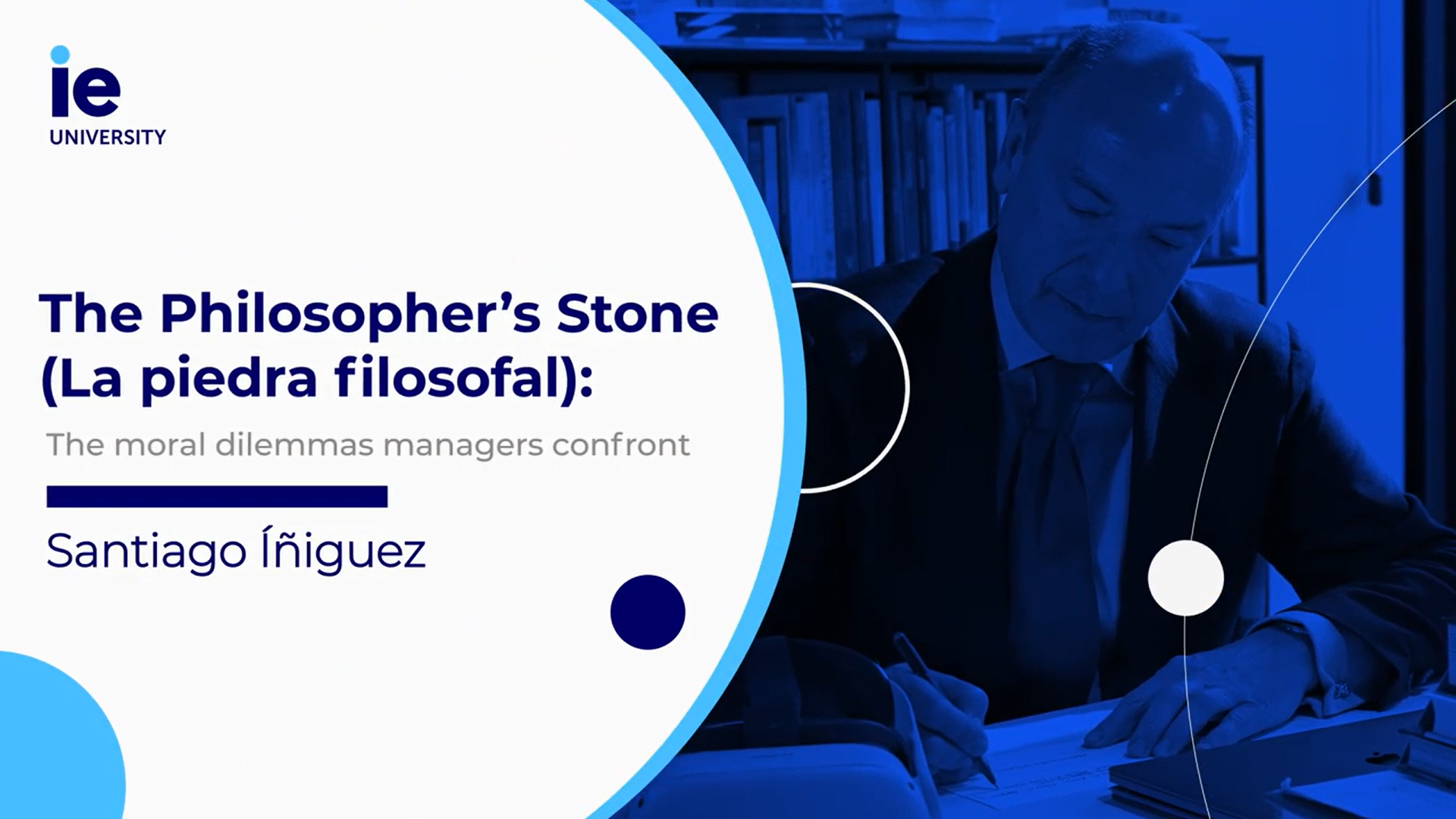Santiago Íñiguez de Onzoño joined IE Business School in 1991 as Professor of Strategic Management. He served as Director of External Relations from 1995 to 2004, when he was appointed Dean of the School. Under his leadership has positioned itself as a leading center of learning for managers and entrepreneurs, being ranked No. 1 in the world of Online MBAs. Íñiguez de Onzoño has also been the driving force behind IE’s strategic alliances with universities like Ivy League member Brown University (US), and the creation of the FT-IE Corporate Learning Alliance (Headspring), a platform for premium executive education programs run jointly with Financial Times. Iñiguez de Onzoño has served since the summer as Chairman of AACSB, an international accrediting body based in the US, being the first dean of a non-US School to hold the position.
He is the author of “The Learning Curve: How Business Schools Are Reinventing Education” (2011), “Cosmopolitan Managers: Executive Education That Works” (2016), Global Leaders (2019), and “In An Ideal Business: How the Ideas of 10 Female Philosophers bring Values, Meaning, and Innovation to the Workplace” (2020), as well as co-editor of “Business Despite Borders: Companies in the Age of Populist Anti-Globalization” (2018), all published by Palgrave Macmillan.




